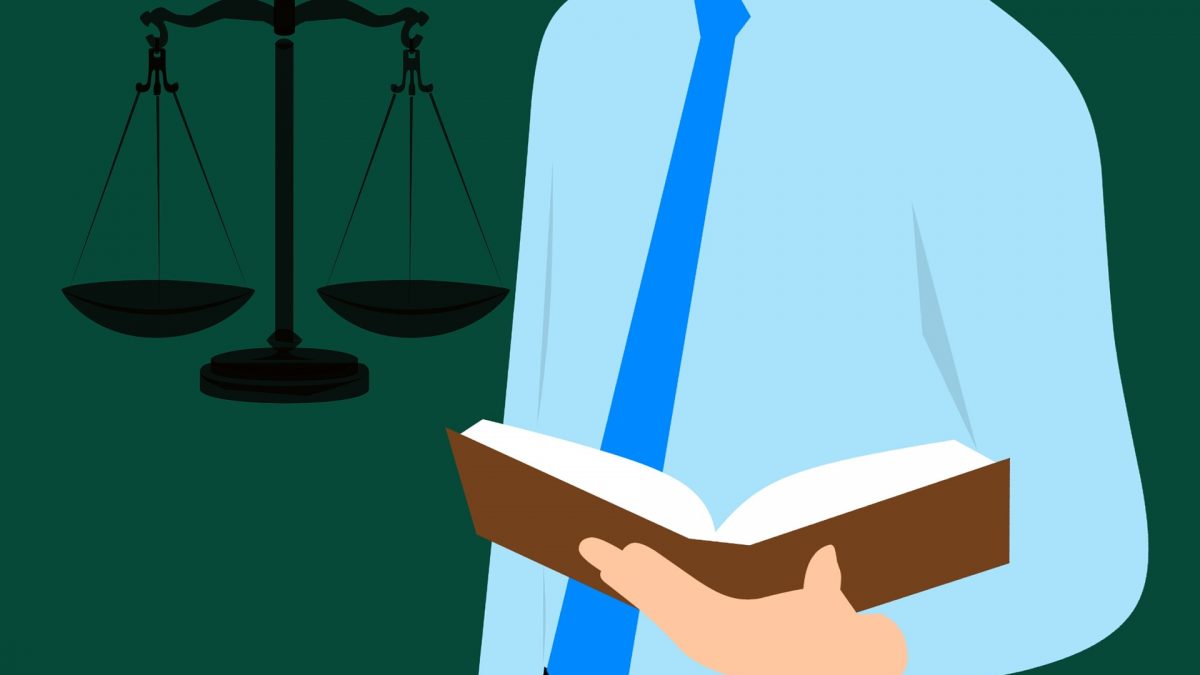
Commercial Awareness Update – W/C 6th February 2023
February 6, 2023
6 Tips for Studying in Law School
February 6, 2023If you start learning some law terminology, you may hear about criminal case status hearings. If you don’t know much about them, the concept might confuse you.
We will talk about them in the following article. You should understand the term if you face this situation and need to know how it impacts you.
What Are Criminal Case Status Hearings?
Criminal case status hearings are crucial legal proceedings. If you’re going to trial, you can expect to go through one.
Criminal case status hearings involve lawyers telling the judge the latest updates when a criminal case moves forward. The defendant’s lawyer can speak, and the prosecution can as well.
At this point, the judge does not directly impact the case through any decision they make. Instead, they’re merely establishing the case’s framework and noting how and whether it’s moving forward.
The judge doesn’t see any evidence at this juncture. They don’t make any rulings, either. It’s a formality, but one that must happen before the case moves forward.
Other Terms that Mean the Same Thing
If you hear your lawyer say that you’re going to do a status court date, that means the same thing. They may also say that they’re doing a progress call, and you must appear for that.
These are all interchangeable terms. They mean you’ll appear in court, and your lawyer will speak up on your behalf. In rare cases, you might represent yourself, but if you don’t know the law, this isn’t the best idea.
Can You Resolve a Case During a Criminal Case Status Hearing?
Sometimes you can resolve a case during a criminal case status hearing. In fact, prosecutors often prefer that. It means they settle the case and get it off the docket. Many times, they have other cases to prosecute. If they can resolve one quickly and easily, they will take that option.
If you resolve a case during this proceeding, it usually happens because your lawyer and the prosecution’s lawyer talked it out beforehand. They agreed on something, and you gave it the go-ahead. They won’t come up with terms and agree to them right in front of the judge without talking it over in the hallway, on the phone, or in an adjoining room before appearing in court.
How Might You Resolve Your Case?
Many times, when you must appear for a criminal case status hearing, you can resolve it when you accept a plea deal. That means you’ll pay a fine, serve some time in jail or prison, or agree to resolve the charges against you for a lesser penalty than you’d face with the trial option.
The judge must also accept the plea deal. Usually, they do that with no issues. However, a judge might occasionally look at the facts surrounding a case and decide they should impose a harsher penalty. If the judge sees some circumstances that lead to them thinking you should serve the maximum jail time or pay the largest fine, they can legally impose that sentence. Both the judge and prosecution must accept the plea deal that’s on the table.
Should You Accept a Plea Deal?
If you accept a plea deal at a criminal case status hearing, that means you plead guilty. You admit you committed this crime, and you serve less jail time, pay a lesser fine, or accept house arrest. Sometimes, you must also allocate, meaning you address the court. You usually express remorse or say you learned your lesson and won’t do it again.
Sometimes, accused individuals won’t accept plea deals. If you didn’t commit the crime, you might not want that blemish on your record. You can refuse the plea deal, but that generally means you’ll go to trial.
If the prosecution sees you won’t take the plea deal, they might come after you and try to get the maximum sentence. Not only do they feel you committed the crime, but you’re also taking up the time and resources they must spend getting your conviction.
Prosecuting lawyers don’t like when you won’t take a plea deal, but if you didn’t commit the crime, you might feel you must turn it down. Your lawyer can tell the judge during the criminal case status hearing that you want to go to trial.
At that point, get your defense ready, as you must appear in court again. Usually, the prosecution takes any plea deals off the table at this juncture.





